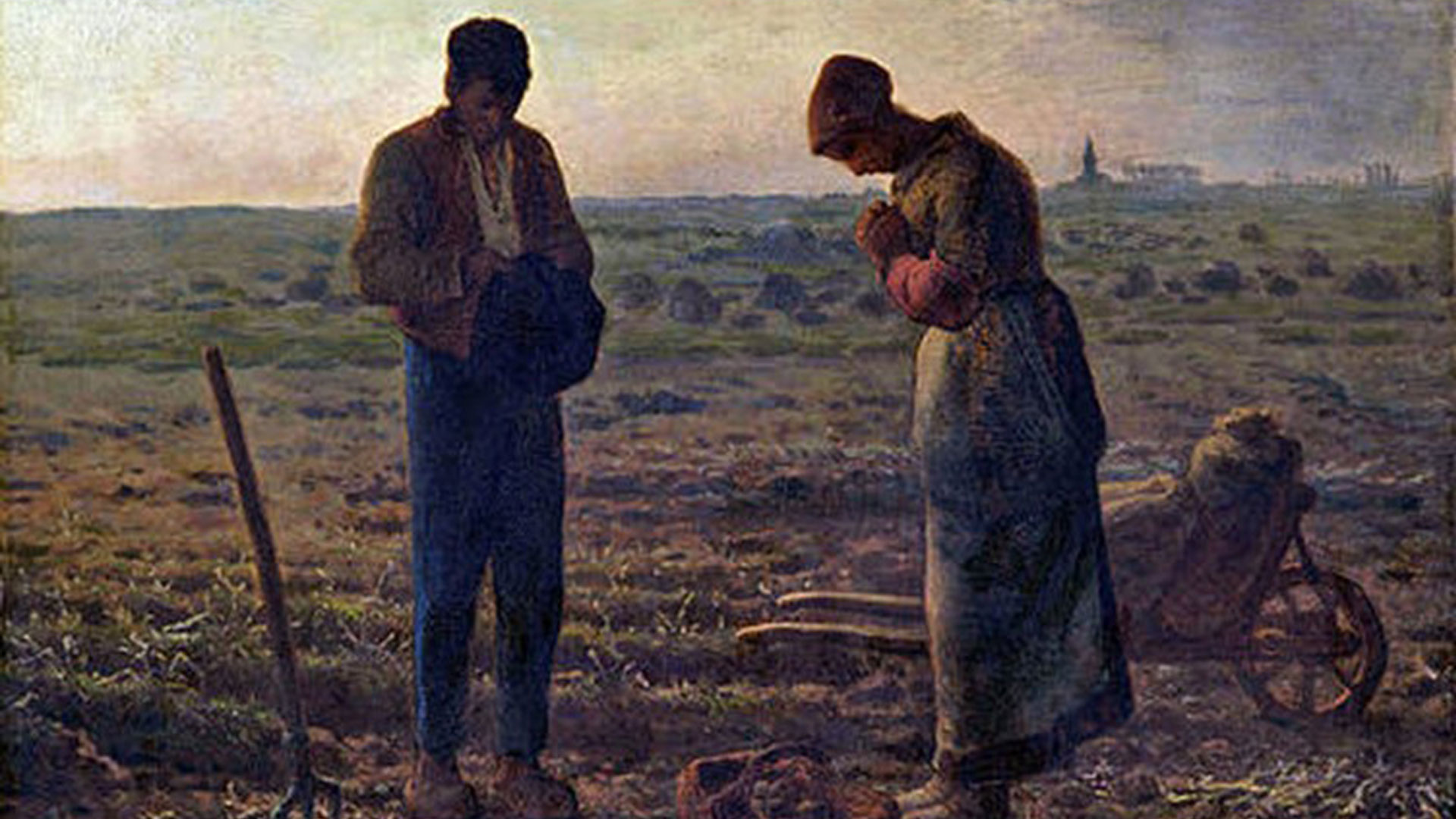
I recently came across the term “digital peasant” in an English-language newspaper in Thailand. It intrigued me as I’d never heard it before. It’s not a commonly used expression in the West, but I read the article, and I could relate to it.
Once upon a time, most of us were rural peasants, working hard to survive, largely for the “lord of the manor”.
The Industrial Revolution and education pulled us away from the plough and garden, providing us with the means to become part of the middle class and the associated ability to collectively wield financial, political and social clout.
We could get things done using our contacts, influence and ingenuity. Events such as global pandemics provided peasants with the opportunity to take advantage of labour shortages to get paid more and build a better life. Those who strived hard were finally able to get ahead.
Digital revolution
Moving into the digital revolution, however, things appear to be pulling most of us back towards “peasantry”. It’s easy to get things done if what you are trying to do is “standard” and you conform to the process that the goods/service providers require.
If you are buying online, then as long as you complete all the data entry requirements, you are most likely to get a reasonable result.
However, if you are trying to do something non-standard, or something that is revenue-neutral or negative for the supplier, then you are likely to encounter difficulties. You can end up in endless automated voice response processes or find yourself stuck on a website without a contact phone number.
It is hard— sometimes impossible — to rectify issues without spending a lot of time and frustration.
The problem is that it doesn’t matter who you are or how much wealth you have, you will be treated the same: as a peasant:
“Wait in the queue, who cares if it takes you half a day because you are nothing to us, other than a peasant consumer, just like everyone else.”
Rewarding customer loyalty
With the advent of complicated CRM systems, I always thought that these applications would recognise and reward longstanding relationships with better prices and better solutions/products/services.
Alas, it seems that the more profit you make for the service provider, the less you get cared for. As we all know, special deals are always offered to first-time customers, not long-standing ones.
I’ve been banking with the same bank for over 50 years. I’ve had multiple products, lazy money in bank accounts, but nobody has ever called me to say I can get a better deal because I am a long-standing customer. We all stand in the same digital queues as everybody else, trying to make things happen. It’s painful.
I recently spent four years trying to sort out my 90-year-old mum’s gas account after building her a new house.
During that time, the gas company refused to send her a bill. When she finally got a bill for over $800, which she paid immediately, she got a letter addressed to “The Consumer” saying her gas was going to be disconnected.
I estimate that we would have spent over 20 hours on the phone, waiting in endless queues. What a joke. We all felt like peasants.
AI making a difference
I’m hoping that with the advent of Artificial Intelligence (AI), we can get back onto the road of good service, sympathetic providers and, if you have to deal with a person, people that want to help you.
The work we have done creating the BAIS insurance technology digital workbench has certainly indicated that AI can make a positive difference to brokers and underwriting agents in all these areas, if set up correctly, helping them deliver better customer service and at the same time delivering efficiency savings — something of a holy grail.
In the meantime, most large organisations are treating us like digital peasants in a world where it’s becoming harder and harder to get ahead! Making things happen when things go wrong saps us of energy. I’m tired of being a digital peasant and want to find a better way.


Comments
Remove Comment
Are you sure you want to delete your comment?
This cannot be undone.